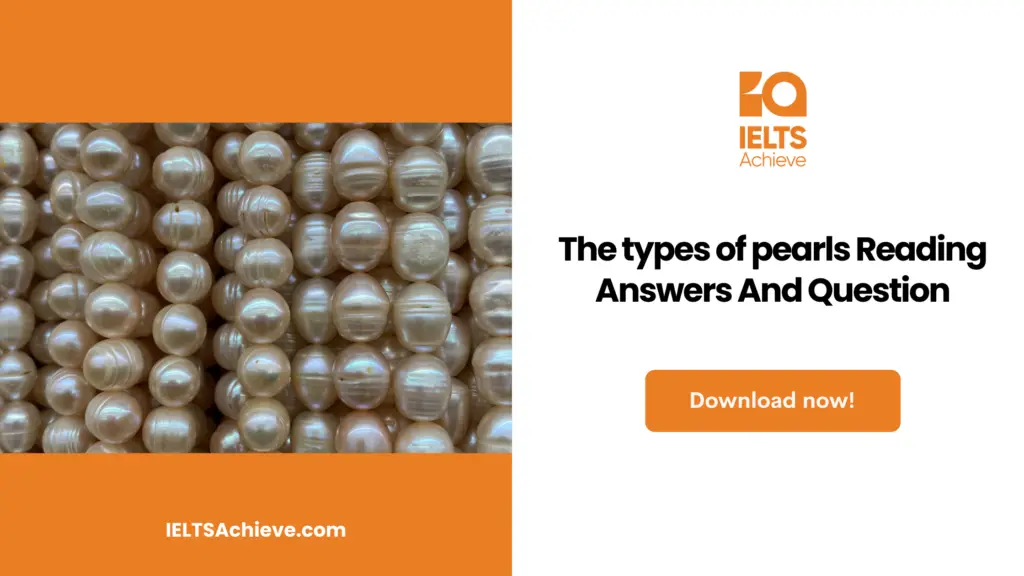The Blog post contains the following IELTS Reading Questions:
- IELTS Reading Sentence completion
- IELTS Reading Yes/No/Not given
- IELTS Reading Mentioned problems

IELTS Reading Passage: Alternative transportation
Alternative transportation
In cities all over the world, traffic congestion is one of the most pressing problems. Some people are looking into non-motorized modes of transportation because they are worried about rising fuel prices, environmental concerns, and traffic-clogged roads.
As people become more concerned about the price of gasoline, there has been a rise in interest in vehicles that use less gas and are powered by alternative energy. The rising price of gasoline is just one of these costs; there are also negative effects on the environment from vehicles’ excessive exhaust. Worldwide, people are worried about climate change. Locally, cities must think about how this will affect their residents’ health. Emissions from cars have been linked to a variety of health issues, particularly respiratory issues. Research has shown that breathing in exhaust fumes from cars can cause health problems, such as asthma and shortness of breath in children. Some forms of cancer, cardiovascular disease, and weakened immune systems have all been linked to air pollution from cars.
Smaller, more fuel-efficient vehicles are gaining in popularity. In addition, hybrid cars are rapidly expanding their market share. Both electric and conventional gasoline motors power these automobiles. The car’s engine is battery-powered, so it can be started from a dead stop. It’s electric until it reaches a certain speed, at which point the gasoline engine takes over because it’s more efficient. Completely battery-operated automobiles are also gaining popularity. These vehicles can be charged at any time by connecting the plug to a wall socket. Such cars are widely regarded as the transportation of the future. However, the electricity used to power these vehicles is rarely clean because it is produced by coal-burning power plants. Other “clean” technologies that are gaining popularity and hope are solar cars and hydrogen cars.
The most pressing issue is pollution from cars, but there are other consequences from the over 250 million cars in the United States and over a billion cars in the world. Construction of new roads and highways to accommodate the rising number of automobiles on the road contributes to air pollution. Motor oil and other pollutants are washed off paved roads and into nearby water sources such as rivers and the ocean because the impermeable surface of the pavement prevents the water from soaking in. Pollutants from road construction include chemicals, herbicides, concrete, asphalt, paint, and more.
There is also an impact on one’s comfort and wellbeing. Despite the widespread acceptance of the automobile as a practical mode of transportation, heavy vehicle volumes on the road have a negative impact on travel times, especially during peak “rush hour” periods. People who spend hours each day sitting in cars due to traffic aren’t getting enough exercise and are at risk for a number of health issues.
Consequently, we need to consider various transportation options in addition to creating gasoline-free automobiles. Transportation options would range from driving alone or in a carpool to taking the bus, train, or subway. It’s not hard to see how much healthier walking and biking are. They are physically beneficial and also do not pollute the environment. Fewer cars on the road and cheaper travel for all thanks to car pools, in which multiple people share a single vehicle. Additionally, there are numerous advantages to using public transportation like buses, subways, and commuter trains. One potential benefit is that it encourages users to get some exercise by forcing them to walk further than they might otherwise in order to reach their destination (the bus or train station). One’s mental health can benefit from taking public transportation, as riding a train or bus can be much more relaxing than driving a car during rush hour, when people are often stressed out and unable to focus on anything but getting through the day. The combined effect of these modes of transportation is to significantly cut down on emissions and the number of cars on the road. Cities of the future will have to prioritise public transportation and the needs of pedestrians and cyclists over those of drivers of private automobiles.
Alternative Transportation Reading Questions
Questions 1-3
Complete the sentences below.
Choose ONE WORD from Reading Passage for each answer.
Write your answers in boxes 1-3 on your answer sheet.
1. Some people are considering non-motorized modes of transportation due to rising fuel prices, environmental concerns, and __________.
2. People’s interest in vehicles that use less gas and are powered by alternative energy has increased as they become more concerned about the price of ___________.
3. _________, more fuel-efficient vehicles are becoming increasingly popular. Furthermore, hybrid vehicles are rapidly increasing their market share.
Questions 4-8
Do the following statements agree with the views of the writer in the passage?
In boxes 4-8 on your answer sheet write-
YES if the statement agrees with the views of the writer
NO if the statement contradicts the views of the writer
NOT GIVEN if it is impossible to say what the writer thinks about this
4. Illness of the respiratory tract can be carried out by emissions from the car.
5. In this modernising era, the biggest source of environmental degradation is nothing but cars.
6. Individuals are increasingly interested in hybrid cars.7. Electric vehicles do not emit pollution.
8. Solar-powered cars are currently out of reach for the average person.
Questions 9-13
The list below shows some problems that are associated with the use of private cars. Which FIVE of these problems are mentioned in the article?
- Isolation on a social level
- Expensive maintenance
- Air pollution
- Noise pollution
- Traffic congestion
- Stress
- Parking shortage
- Rising gasoline prices
- Fewer opportunities for physical activity
Alternative transportation reading answers
1. Traffic-clogged
2. Gasoline
3. Smaller
4. Yes
5. Not given
6. Yes
7. No
8. Not given
9. C
10. E
11. F
12. G
13. I


